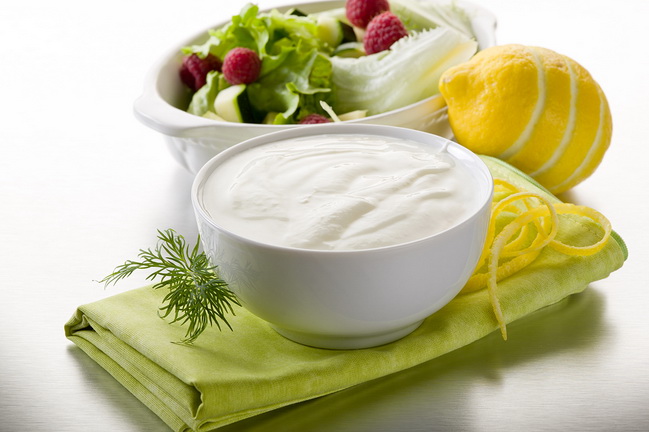- Make It Yourself Lavender Heart-Shaped Bath Bombs!
- 20 Things You Never Knew About “Down There”
- 12 Best Foods For Those Suffering From Arthritis Pain
- 12 Personal Hygiene Mistakes Almost Everyone Makes (Mom Never Told You About #4!)
- 15 Medicinal Plants And Herbs From The Cherokee People
- 12 Mind-Blowing Benefits Of Drinking Coconut Water During Pregnancy
- 12 Outstanding Winter Foods That Won’t Fatten You Up Like A Christmas Turkey
Eating This One Thing Will Improve Your Mood

Photo credit: bigstock.com
Probiotics: everyone is talking about them! You hear about them in the mainstream media, on health pages, and in health studies, all telling you that probiotics contain crucial bacteria and yeasts that will benefit your digestive system, improve your immune system, help you get better cable reception – well, OK, maybe not the last one, but you get the picture. Probiotics are the good guys that can do so many good things for your health.
The Leiden Institute of Brain and Cognition at the Leiden University in the Netherlands recently released a study that connected eating more probiotics and an improved mood. Scientists suggest that probiotics can be a good way to fight depression, anxiety, or just plain old make you feel better after you have had a crappy day.
Probiotics are known to help with irritable bowel syndrome, infections diarrhea, some skin conditions, and even oral health. These healthy little guys are often found in Greek yogurts and supplements. There have been numerous studies showing how they can keep your gut flora healthy, there hasn’t been nearly enough research looking into the abilities of probiotics other than digestive related issues.
SEE ALSO: 5 Fantastic Fermented Salad Dressings Full of Healthy Probiotics
This study involved 40 healthy adults who had no known mood disorders. 20 of them were given a powdered probiotic supplement to consume every evening for a period of 4 weeks. The other 20 were given a placebo, but they believed that they were taking probiotics.
The subjects who consumed the probiotics supplements began to see improvements in their moods. They stated that they didn’t feel sad as often as those who took placebos. These same sub jects also had fewer depressive thoughts after they did experience feelings of sadness.
The results of this study provide the first evidence that the consumption of probiotics can help reduce negative thoughts and improve a person’s mood.
The supplement that the subjects in this study took contained eight types of bacteria such as lactobacillus, lactococcus, and bifidobacterium.
Continue to Page 2
































